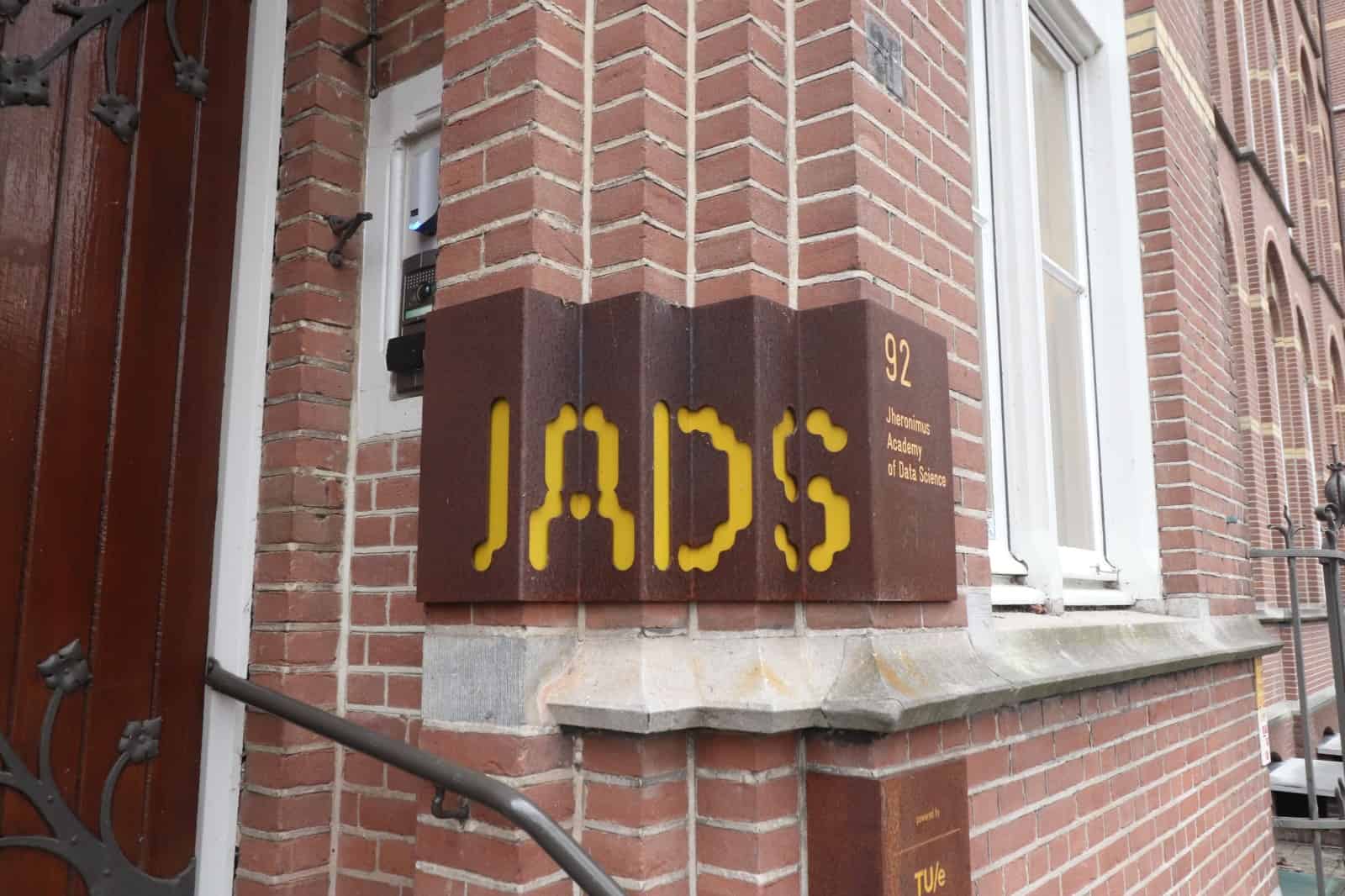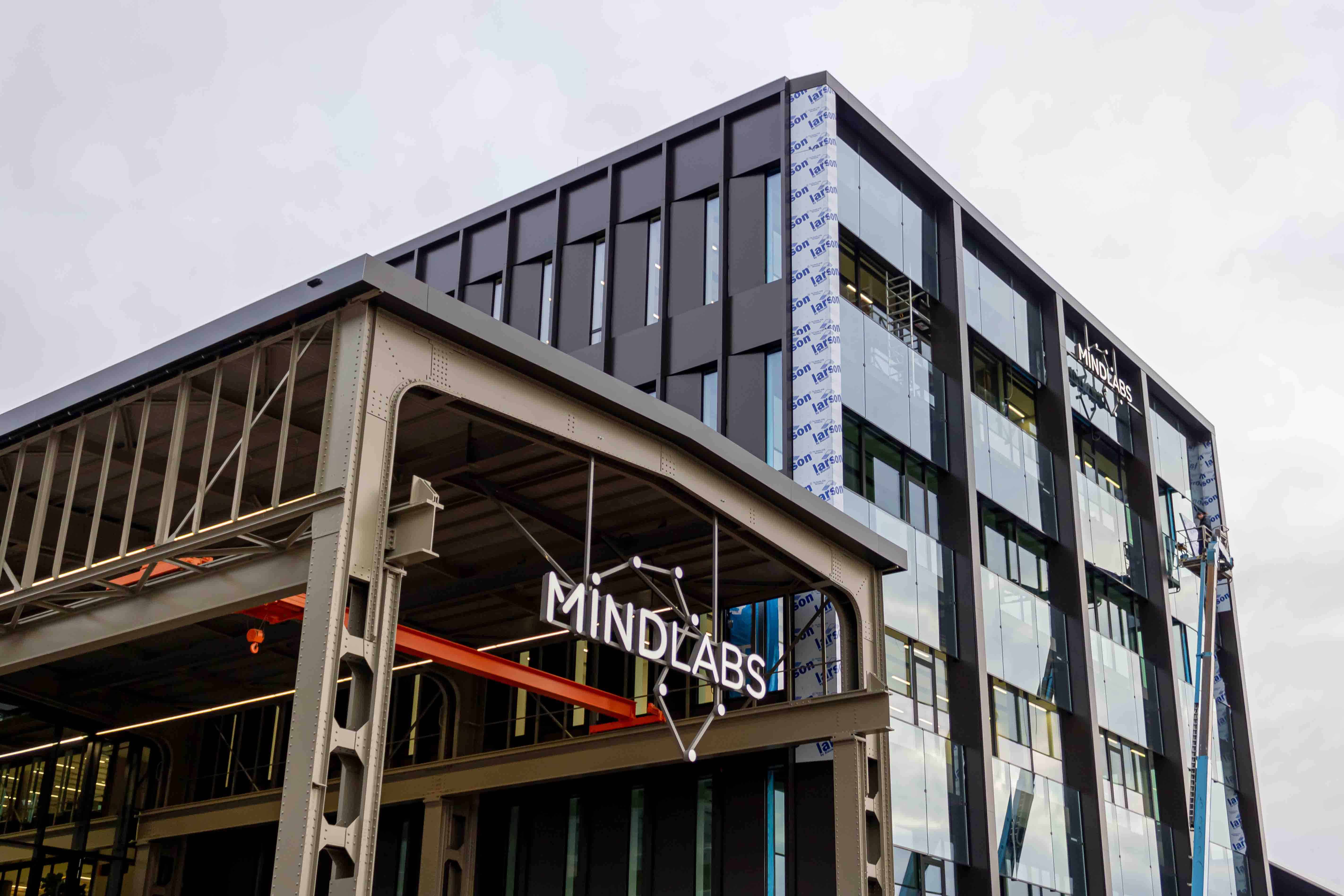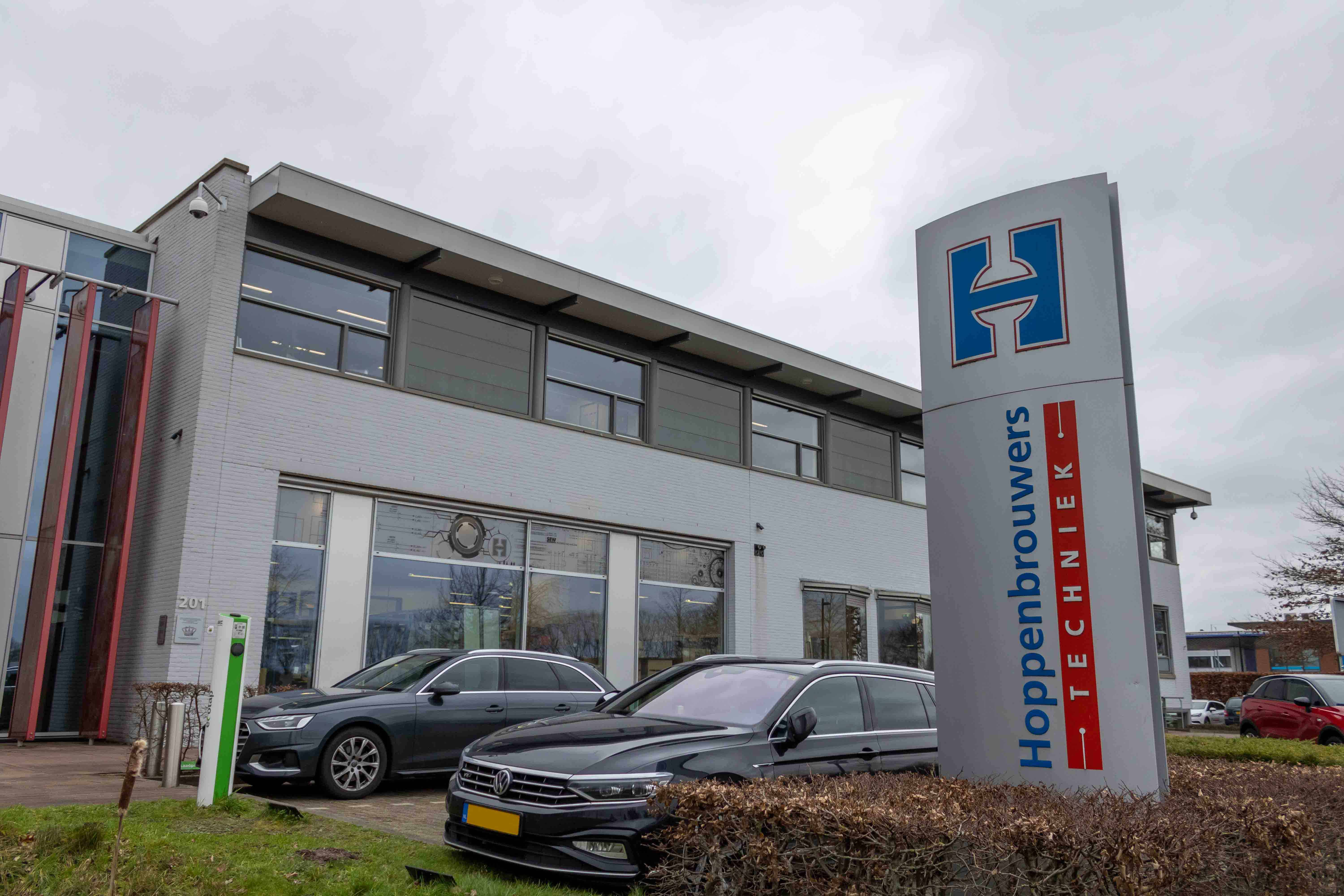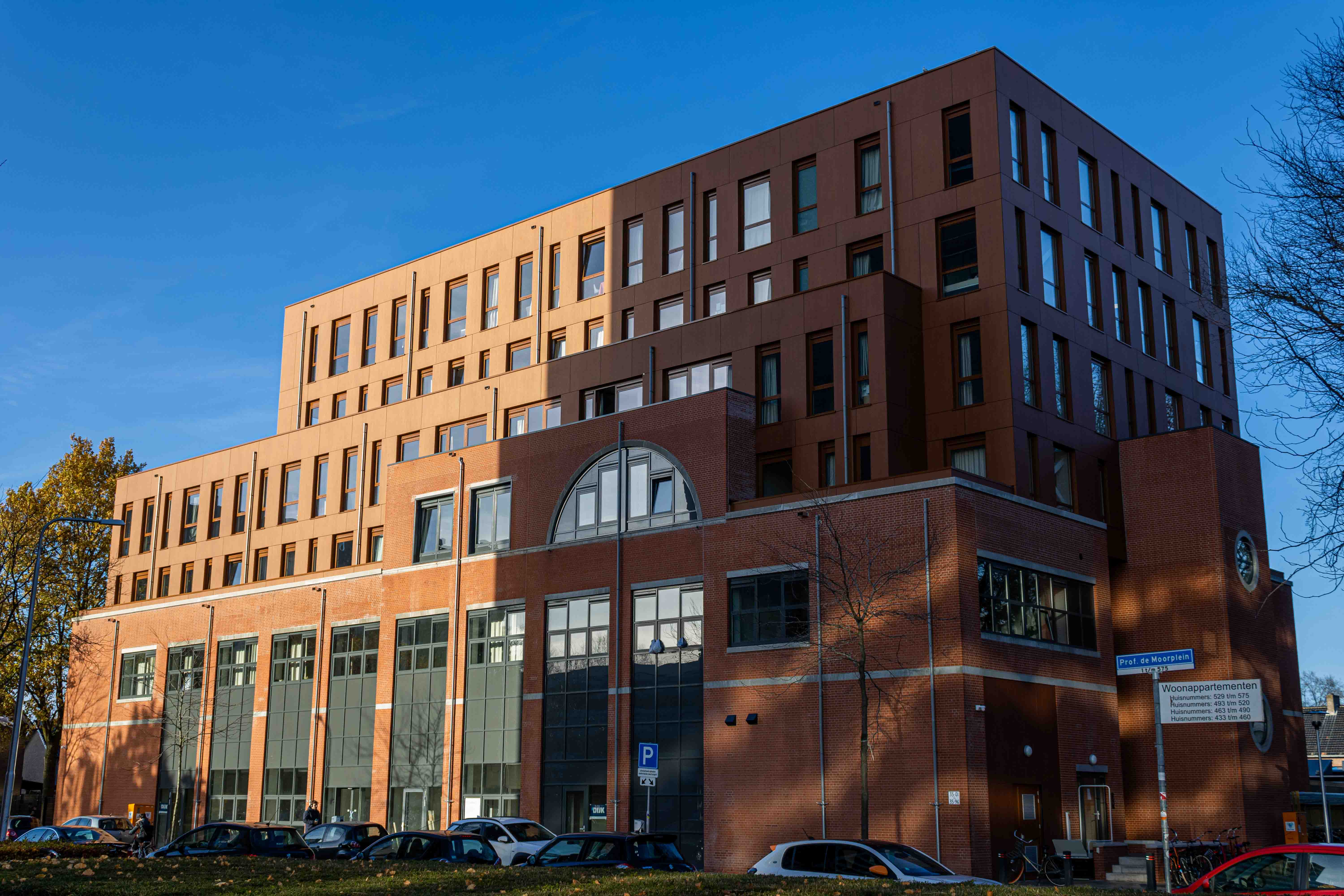
In the heart of Amsterdam, Oscar Kneppers is quietly brewing a marriage between academia and entrepreneurship that may ultimately result in hundreds of new companies valorizing science for society. The CEO of the Amsterdam Center of Entrepreneurship (ACE), appointed a little less than a year ago, is embarking on a transformative journey to harness the scientific prowess of Amsterdam’s 11,000 researchers, aiming to translate their groundbreaking work into viable companies. The goal is to offer society a new lease of life to the untapped potential that resides within the city’s academic institutions. “We have the smartest people in the world working on all those beautiful subjects.”
Why you should read this
The immense knowledge potential at Dutch universities is not always well utilized. Under the leadership of serial entrepreneur Oscar Kneppers, the Amsterdam knowledge institutions are building a solution. To make society stronger.
Kneppers is setting the stage for ACE to launch its renewed mission this September, at the start of the new academic year. But this is just the start of a long-term perspective. “I think we should be able to attract enough candidates for these programs to be able to turn 1% of those 11,000 researchers into entrepreneurs in three years’ time. And if that works, we can double it in 2030 and from that year onwards, build and grow a family of a thousand academic companies every five years. I really believe that’s feasible.”
Valorization
In a podcast interview with TNW’s Andrii Degeler, Kneppers elaborated on his plans to create a culture of entrepreneurship within the Amsterdam-based academic society. Although the ambitions are high and success is far from guaranteed, Kneppers seems to be the ideal candidate for this mission. Before starting at ACE – a collaboration between the University of Amsterdam, Vrije Universiteit, the Amsterdam University of Applied Sciences, and Amsterdam UMC – Kneppers was a successful serial entrepreneur, tech investor, and celebrated internet publisher. Kneppers founded famous internet brands like Emerce, Bright, and Rockstart. He is also a supervisor at the Eindhoven-based Dutch Design Foundation.
Academia typically serves three purposes: education, research, and valorization. All three are equally important, but at most universities, the latter needs some extra care, Kneppers notices. This process of bringing academic innovations back to society serves as a cornerstone for his strategy. “Rather than handing over patents and inventions to corporations, I think it’s way better to help people build it themselves within this academic community, where you can build teams from people with diverse knowledge.”
Slow pace
These immense possibilities that lay dormant were the main reason he said yes to his new job, even being aware of the slow pace of the academic world – a huge difference from his former life as an entrepreneur and investor. Kneppers took it as an opportunity: “So I asked to give me some time to gather information, to talk to everyone involved, and find out about the potential.” After almost a year, he is even more aware of the opportunities. By creating an integrated entrepreneurship program across all of Amsterdam’s campuses, he now wants to rebuild ACE and unlock the entrepreneurship that’s still hidden. “That’s the good thing about these academic machines: they roll slower than I’m used to, but they are really focused on the long term.”
Drawing inspiration from renowned academic institutions like MIT and Stanford, which have successfully bridged the gap between academia and the industry, Kneppers aims to replicate and adapt their models to fit Amsterdam’s unique landscape. This involves creating an incubator and establishing a large fund dedicated to investing in academic startups, fostering a self-sustaining cycle of innovation and growth. The fund focuses on a starting capital of around €150 million within the next couple of years. But that’s not the ceiling: “I think we should be able to triple that in three years so that we have it running at half a half a billion in 2030. I would probably want to invite all universities in the Netherlands to participate.”
No culture of entrepreneurship
But of course, it’s not about money alone. Kneppers is acutely aware of the disconnection between the abundance of research talent and the scarcity of start-ups emerging from the academic sector. He attributes this disparity to a lack of culture, access, and awareness about the entrepreneurial path within academic institutions. “Fragmentation is a big problem. If you’re unable to find your way, even as a curious student or a smart researcher, how do you even consider starting a company? You’re sitting in this lab and working on your research paper. You publish it, then people quote it, and you go back to research. There’s no incentive. There’s no culture.” By fostering a more integrated environment, he believes it’s possible to offer hundreds of researchers an alternative career path and convert a big chunk of Amsterdam’s vast knowledge base into successful enterprises that address real-world problems.
Fragmentation is a big problem. If you’re unable to find your way, even as a curious student or a smart researcher, how do you even consider starting a company? There’s no incentive. There’s no culture.
Oscar Kneppers
Kneppers knows the current debate around term deals and IP connected to academic spinoffs. Anyone who wants to do business cannot escape capturing business interests. In recent years, Dutch universities have been working hard on better deal terms and IP strategy: how do you protect the intellectual property of researchers, how do you make sure that the university gets a “fair share” of it, and – last but not least – how do you ensure a promising future for spinoffs? For Kneppers, it all comes down to giving back to society what it’s entitled to. “We’re not shareholders, we’re not a part of the company. But still, there needs to be urgency, our support is not free of obligations for the entrepreneurs. I can envision a situation in which successful companies help us build a revolving fund. So if we make money with a start-up, the result can flow back to the next generation. That would make a lot of sense; valorization as a way to give back to the city that started it all.”







